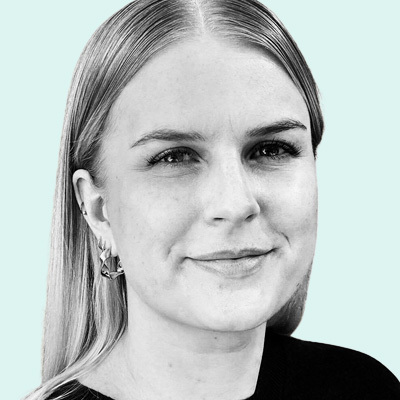- French retirees officially bring in more income than their working-aged counterparts, as Americans are struggling to find the funds to retire and support their post-employment lifestyle. Due to France’s relatively young retirement age, lofty governmental spending on pensions, and high wage replacement rate, they’re now out-earning citizens with jobs as the country’s officials try and make unpopular changes.
While boomers in the U.S. And UK are being forced to go back to work because they can’t afford to retire in the current climate, pensioners in France are not just kicking up their feet—they’re even out-earning those with jobs.
French retirees over the age of 65 now make more money relative to the average salary of working-age adults in the country, according to a Financial Times analysis of a recent Luxembourg Income Study. The average pensioner earned about €1,626 gross per month ($1,926) at the end of 2022, and currently earn around 2% more than working adults.
Although it’s a marginal gain, it’s the total opposite of retirees in most other nations; American pensioners earn about a sixth less in relative income compared to employed adults, U.K. Retirees bring in about a fifth less, and retired Australians face the largest disparity, with a third less in income.
However, the report notes that this is no new fad. In the five decades between 1970 and 2020, the cumulative increase in median income for working-aged French citizens between the ages of 18 and 64 rose by about 100%, while it increased by more than 160% for the nation’s retirees.
While French retirees are enjoying the fruits of their labor and an envy-inducing pension plan, retirees across the world are working longer to simply make ends meet.
Why French pensioners can afford to retire when other retirees can’t
Alongside more temperate living costs, French retirees enjoy more going back into their pockets because the government has prioritized retirement benefits. The country’s pension plan entitles them to reap a maximum of 50% of their annual average earnings, according to the Centre of European and International Liaisons for Social Security (Cleiss).
Pensioners’ average yearly income is the gross earnings on which contributions have been paid, which is calculated based on the person’s 25 top-earning years. However, it should be noted that retirees must work for at least 42 years to receive the country’s full state pension.
And the country has continued to spend more on its pensioners; France has increased its share of GDP spent on old-age benefits and health/care by about 2.9% since 2001, according to the FT analysis. By comparison, its peer average rested at just over 1.5%.
Meanwhile, retirees in other countries aren’t so lucky. As of 2023, France spends about 14% of its GDP on public pensions, while the U.S. Spends about 7% comparatively. French retirees also get more bang for their buck compared to Americans—in the U.S., the average net pension replacement rate is 50%, while in France the replacement rate is about 74%. U.S. Professionals at the end of their working lives simply earn less back.
Plus, it takes longer to get the cash; Americans can’t access their Social Security retirement benefits until around 66 or 67, years later than their French counterparts.
Americans are ‘living the nightmare’ and working well into their 70s
The U.S.’s relatively undesirable pension plans and sky-high living costs have forced Americans to work longer out of fear of running out of their savings.
Over two in five retired Americans, representing about 20 million people, worry that their funds won’t be able to support their ideal retirement lifestyle according to an April survey from investment banking firm D.A. Davidson. And their lack of money has guilted many about kicking back after decades of employment, as around 60% of retired Americans wish they had a side gig to supplement their savings.
Nearly 20% of retirees are “struggling” or “living the nightmare,” while only 5% said they were “living the dream,” according to Schroders’ 2025 US Retirement Survey.
While France’s retirees enjoy extra years of post-professional downtime compared to Americans working into their 70s, it may not be for much longer. In 2023 former Prime Minister Élisabeth Borne first revealed a plan to raise the nation’s retirement age from 62 to 64 by 2030. When the President of France, Emmanuel Macron, also proposed edging up the retirement age towards the norms of other Western countries, he was met with swift resistance. Funding the lives of pensioners has grown so great that these costs accounted for a sixth of the ministry of defense’s budget in 2024.
Have you moved to live in a more affordable country because you can’t afford to retire in the U.S.? Coins2Day wants to hear from you, reach out at [email protected]

